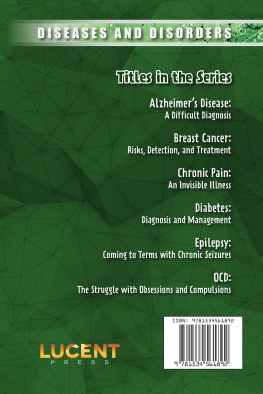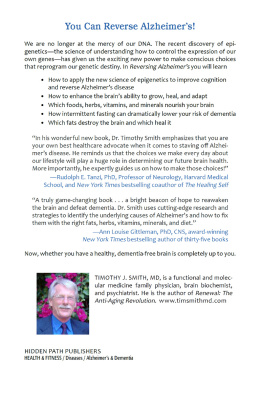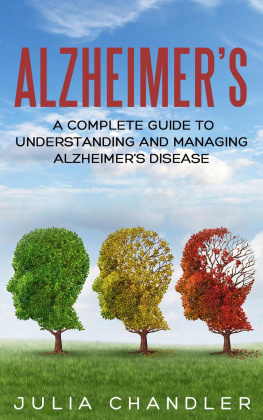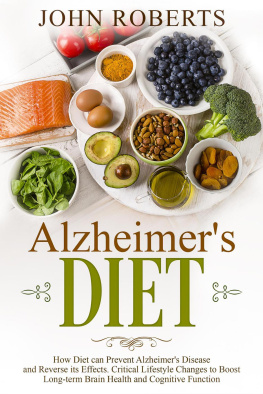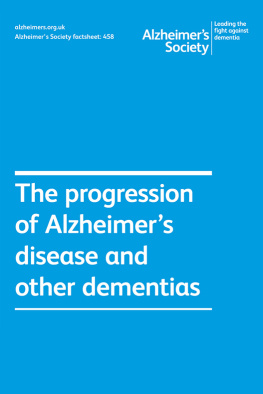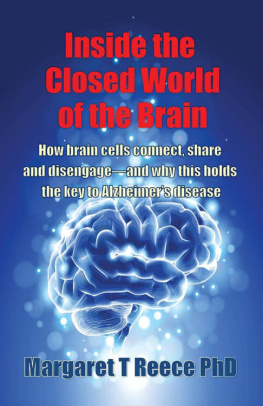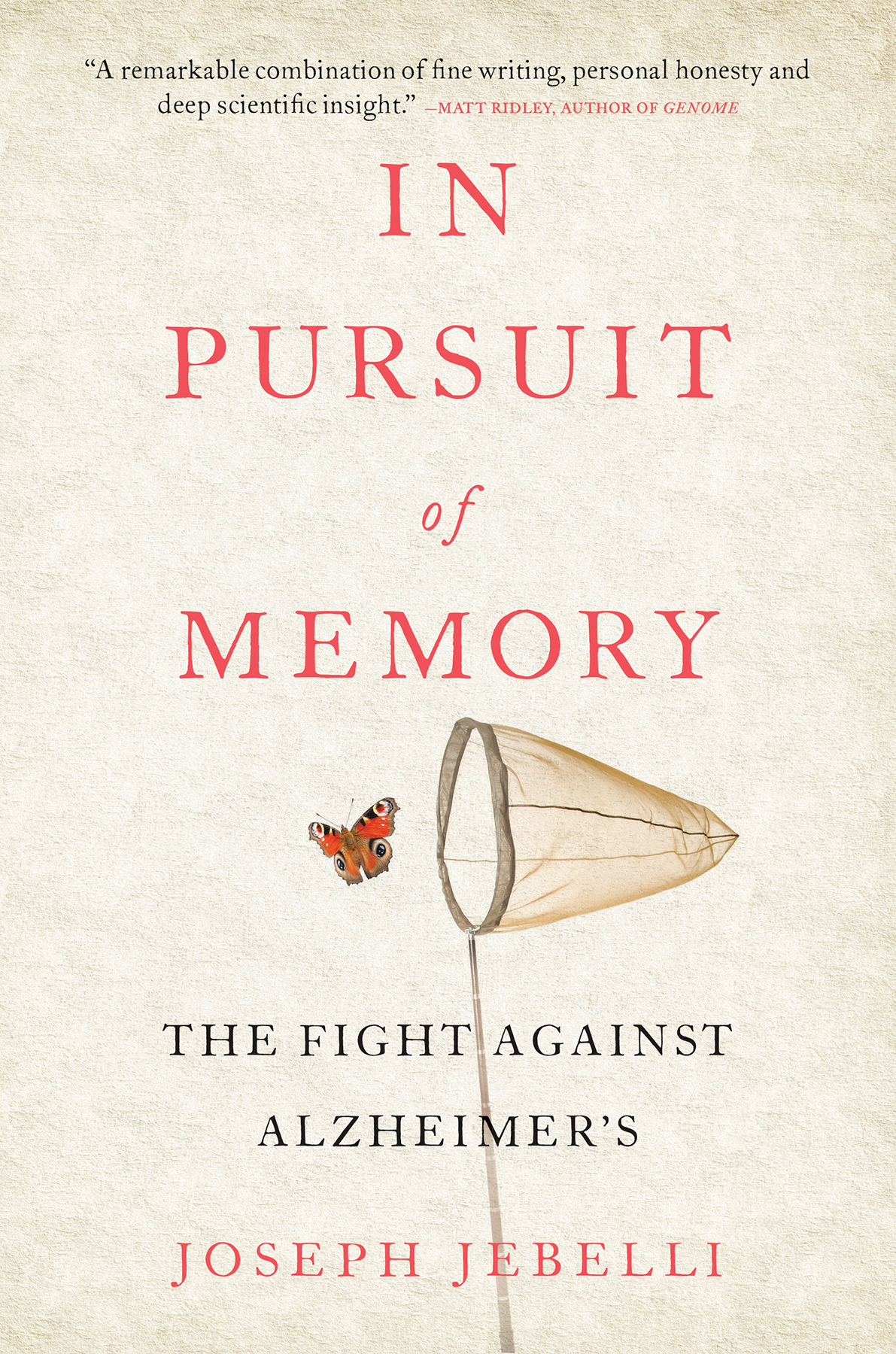Cover copyright 2017 by Hachette Book Group, Inc.
Hachette Book Group supports the right to free expression and the value of copyright. The purpose of copyright is to encourage writers and artists to produce the creative works that enrich our culture.
The scanning, uploading, and distribution of this book without permission is a theft of the authors intellectual property. If you would like permission to use material from the book (other than for review purposes), please contact permissions@hbgusa.com. Thank you for your support of the authors rights.
First published in Great Britain by John Murray (Publishers), a Hachette UK Company, June 2017
Little, Brown and Company is a division of Hachette Book Group, Inc. The Little, Brown name and logo are trademarks of Hachette Book Group, Inc.
The publisher is not responsible for websites (or their content) that are not owned by the publisher.
The Hachette Speakers Bureau provides a wide range of authors for speaking events. To find out more, go to hachettespeakersbureau.com or call (866) 376-6591.
Science is public, not private, knowledge.
Robert King Merton, Science, Technology and Society in Seventeenth-Century England, 1988
W HEN I WAS twelve years old, my grandfather began to act strangely. I had known Abbas Jebelli as a self-effacing man, whose strong sense of family frequently carried him from volatile Iran to our quiet street in Bristol, England. He used to arrive with suitcases filled with pistachio nuts and Persian sweets, smiling until the corners of his eyes wrinkled as he handed us our gifts.
It started with inexplicable walks. When he was visiting, hed leave the dinner table and then we would find him, half an hour later, aimlessly wandering the neighbourhood. Please stop doing that, my father would say. Bebakhshid, (forgive me) was all Abbas ever replied in his native Farsi. His bright smiles were gradually replaced by a fearful, withdrawn expression, as if hed lost something irreplaceable. Before long, he didnt recognise his own family.
Something indefinably peculiar had happened to him.
As far as I knew, though, Abbas was just getting old. For decades, human lifespan had been rising. In the 1940s youd be lucky to make it to age fifty, my father had explained, but were now living in the 1990s and Granddad was a leathery seventy-four-year-old whose mind, like his sight and nearly everything else, was slowly wearing out.
But that explanation never felt right. My young mind had no notion yet of the endless intricacies of the human brain, of the 85 billion cells that knit fragments of the past together into a ghostly tapestry that we call memory. Perhaps it was the sheer indiscriminateness of this bizarre affliction. Why, if this was normal, was my grandmother not going through the same thing? Why was the Queen still able to make such eloquent speeches on television when Abbas couldnt even draw a clock face? Why, for that matter, wasnt everyone who reached old age experiencing this?
Seventeen years later, I am standing in a small, dimly lit room in the Institute of Neurology at University College London. Glass beakers, pipettes, shelves filled with chemicals and reagents, and a large grey centrifuge surround me. The air is filled with the stinging scent of ethanol, and theres a quiet hum as curtains of sterile air separate me from the nearby workstations. I stare into a small light microscope, focusing the image until the contours of numerous circular entities come into view. These are brain cells, taken from a rat, which Im hoping will make some sense of what happened to my grandfather and millions of others just like himall stricken by one of the most terrifying illnesses of modern times: Alzheimers disease.
The cells Im looking at were already sick when I plated them two weeks ago; theyve come from animals engineered to have the disease inscribed in their DNA. As expected, the now infamous plaquesdark patches that appear in the brains of Alzheimers patients, proposed to be the diseases root cause twenty-five years agohave started to form between them. But hidden among this neurological nightmare are the brains immune cells, microglia. And if the immune stimulant Ive given them works, they could unleash a potent chemical attack on the plaques, physically engulfing and degrading them in a cellular defence mechanism called phagocytosis. Whether they will, though, still remains a question.
This theory is one of many that scientists are now testing, for Alzheimers is already a disease of global significance. It affects 47 Weve now reached a point at which almost everyone knows someonewhether a family member or a friendwho has been affected.
In recent years, cases from the echelons of high society have reached our ears as well. Rita Hayworth, Peter Falk, Charlton Heston, Rosa Parks, Margaret Thatcherall eventually developed Alzheimers. When President Ronald Reagan was diagnosed, in November 1995, he published a handwritten letter to the American public: At the moment I feel just fine. I intend to live the remainder of the years God gives me on this earth doing the things I have always done Unfortunately, as Alzheimers disease progresses, the family often bears a heavy burden. I only wish there was some way I could spare Nancy from this painful experience.
As anyone who has known a patient understands, Alzheimers is a merciless disease. It strips the mind of decades of stored memories that have been sculpted and embedded deep within our brains. Slowly and steadily, it erodes an individuals autobiography, the very narrative that defines who we are. In his book The Emperor of All Maladies, Siddhartha Mukherjee describes cancer as a distorted version of our normal selves, an individualan enigmatic, if somewhat deranged, image in a mirror. Perhaps, using this analogy, Alzheimers is the absence of a reflection altogethera shadowy abyss that disengages a person from the world.
When I set out to study Alzheimers, it was for personal reasons. I never expected to cure the malady myself, but I did want to understand what happened to my grandfather after having to watch his memory disappear in this way. I learned quickly that the science behind the disease is still shrouded in mystery. Professor Alois Alzheimer, the eponymous German psychiatrist who first described it in 1906, called it a peculiar disease. He was referring mainly to its underlying pathology. Through the microscope Alzheimer had observed numerous plaques and tangles of an unknown substance. But he didnt know whether they were the diseases root cause or just an after-effect. This question has remained unanswered, and we still know very little about what causes brain cell death on such a massive scale.
Here is what we do know. A person with Alzheimers is not just getting old. Their brain is under attack. A host of killer proteins has been unleashedinsidious black stains known as plaques and tangles. After gestating in the brain for years, perhaps decades, they will spread and hollow it out. In the hippocampus, a brain region crucial for memory, the plaques start by destroying the brains ability to create new memories by disrupting the electrical signals between neurons. As they grow in number, the plaques eventually trigger the rise of tanglesdeformed proteins that completely unravel the neurons internal transport mechanism. The ensuing neurotoxic storm then causes the brains immune system to activate. But the damage is irreparable, and even our brains best efforts to remedy the affliction are insufficient. One by one, like a chain of dominoes, neurons continue to fall. In only a few years after symptom onset, neurons in the frontal lobe and cerebral cortex will start to perish, disrupting mood, spatial awareness, face-recognition and long-term memory. Six to eight years is usually how long it takes. The result is a brain the weight of an orange, having shrunk at three times the rate of normal ageing.


